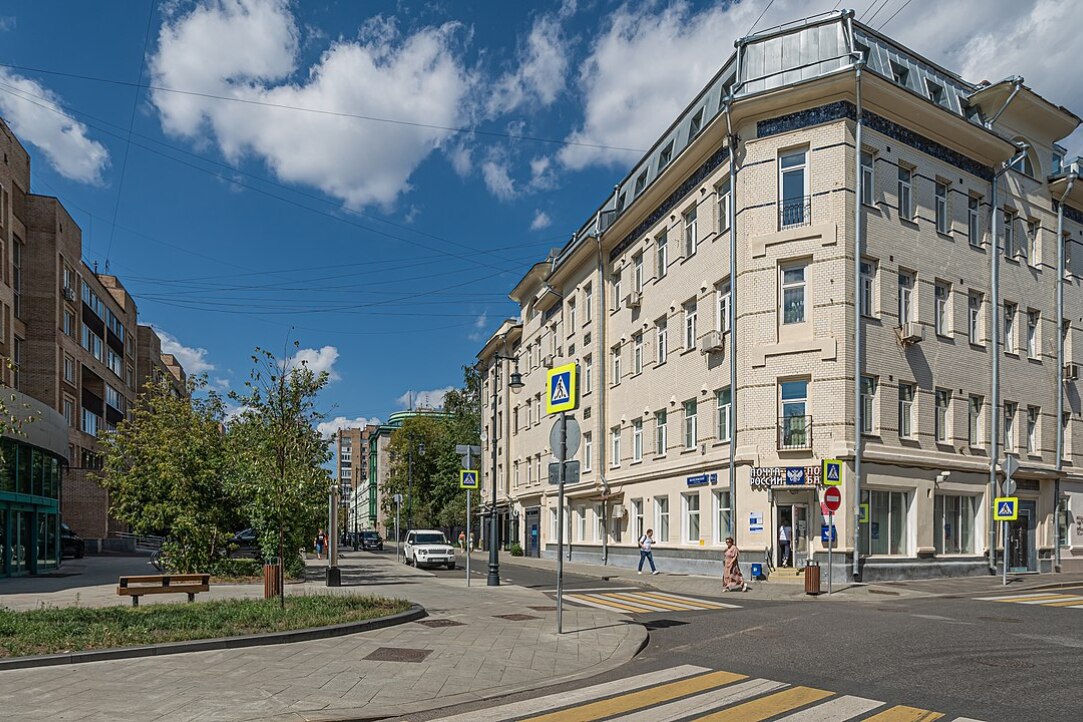Across the globe, countries are witnessing dramatic shifts in the relative proportions of younger and older generations in their demographic makeup. Even in African states, signs of an emerging demographic decline are becoming evident. By 2050, two thirds of people aged 65 and over will be living in low- and middle-income countries. While an ageing population poses a significant challenge to national economies, it can also serve as an impetus for development, especially in the realm of technology. What is the extent of global population ageing, what challenges arise in this context, and whether humanity is capable of addressing them are some of the key questions, explored by IQ.HSE, based on a paper published in Sociological Journal by Leonid Grinin, Anton Grinin, and Andrey Korotayev at the HSE Centre for Stability and Risk Analysis.







.png)

.png)







.png)

.png)
